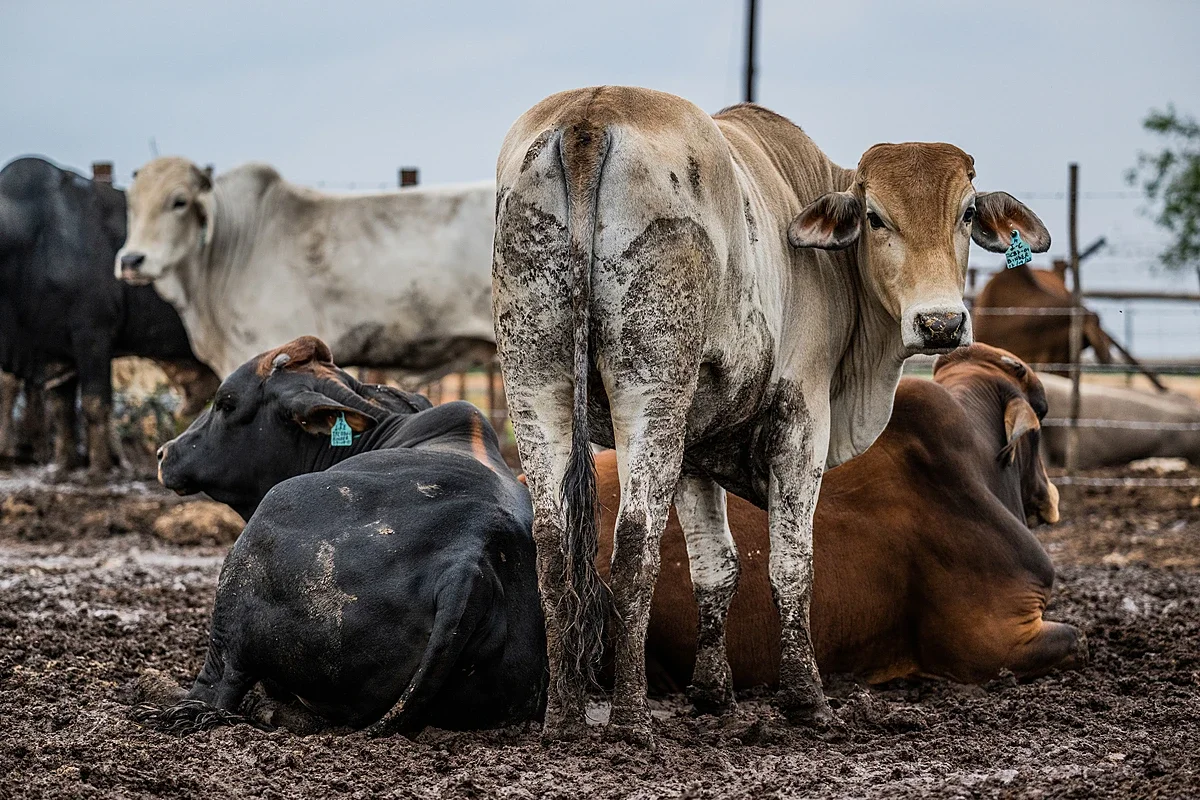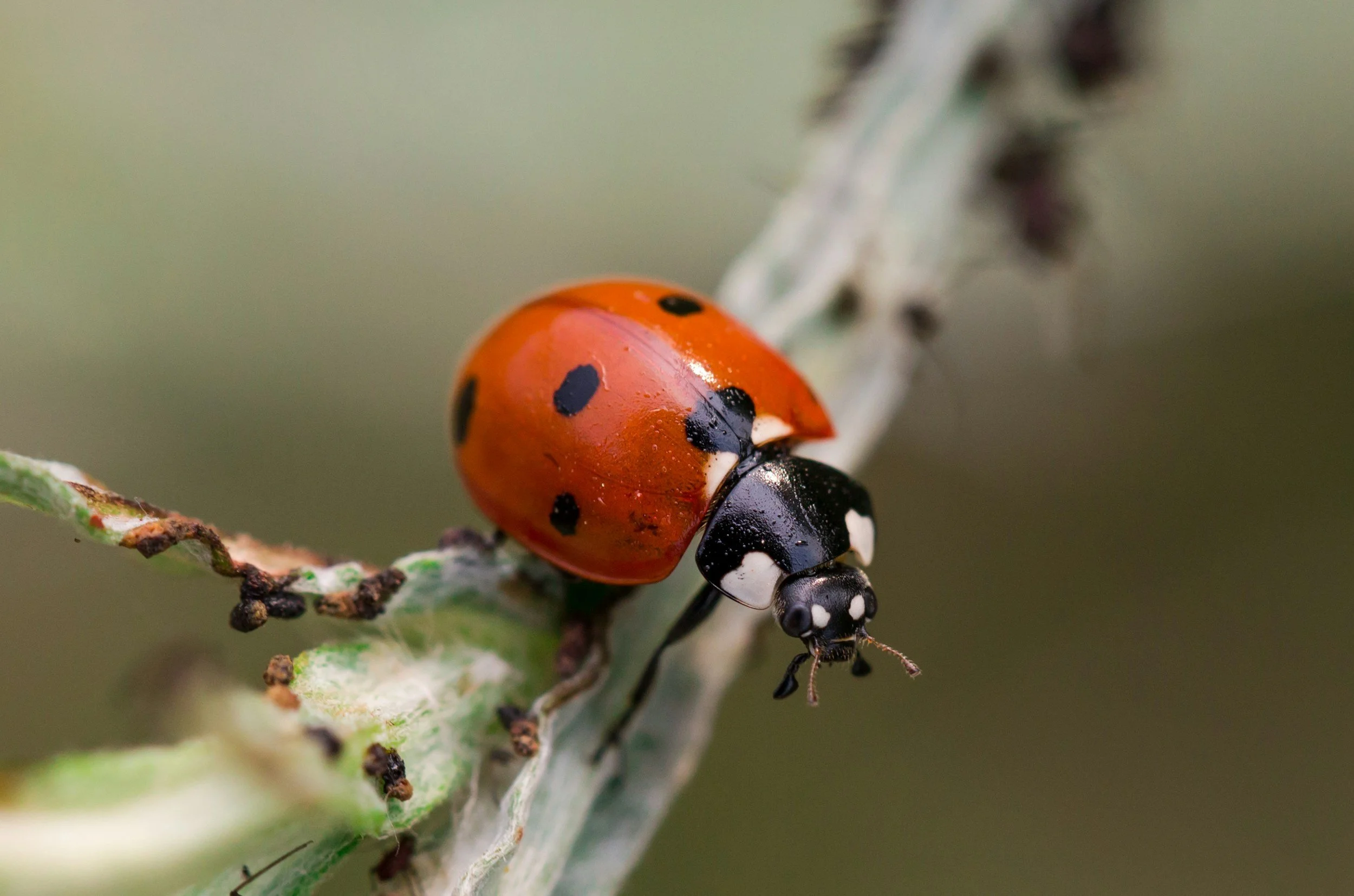Sweden’s wolf hunt underway as country aims to halve its wolf population
Entire wolf families are set to be killed, despite campaigners branding the hunt illegal as wolves are a “strictly protected species” under EU law.
A controversial hunt that will slaughter dozens of animals has begun in Sweden as the country looks to drastically cut its wolf population.
Five entire wolf families, totalling 30 individuals, will be killed as part of this year’s hunt which began last week.
The number of slaughtered animals represents approximately 10 percent of Sweden’s overall wolf population which officially stands as 375 individuals.
The annual hunt was introduced in 2010 by the government as a way to keep wolf numbers close to the minimum population number of 300, which has been regarded as the minimum level for “Favourable Conservation Status”.
However, the Swedish government announced in October last year that it now intends to halve the county’s wolf population and lower the minimum population level to 170 individuals.
Critics of the plan say that a population of just 170 wolves goes against the findings of the government’s own scientific studies, and will significantly increase the biological risks of inbreeding for wolves and also result in more costs for the taxpayer. The Swedish Carnivore Association, a wildlife campaign group, explains that this would be because a drastically reduced genetic pool of wolves will require many new active management plans and actions to keep the population healthy and viable.
NGOs in the country have also labelled the government-approved annual hunt as illegal, arguing that a license quota hunt of a “Strictly protected species” is not allowed under European Union laws. The wolf is currently listed in Sweden as “Endangered” on the IUCN Red List. However, no action has ever been taken by the EU Commision against Sweden regarding the hunt, despite a formal complaint being filed back in 2010.
Threats to wolves in Europe
Sweden’s plan to lower its wolf population is part of a wider trend in some parts of Europe that is seeing increased anti-wolf policies being introduced.
Just last month, the European Commission made the contentious decision to downgrade the protection status of wolves, agreeing to reclassify the species from “strictly protected” to “protected” under the Bern Convention.
The decision will come into force in March this year, and put wolf populations across the continent at increased danger of culling and hunting for sport.
The new rules will apply to the estimated 19,000 wolves across the EU. The move is a victory for farming bodies and some populist political figures, who have long called for wolf protections to be scaled back to prevent attacks on farmed animals.
But conservationists and environmentalists warn that wolf populations remain “fragile”, and instead call for coexistence measures such as guard dogs and electric fencing rather than increased culls.
“The wolf is unfortunately the latest political pawn, a victim of misinformation,” said Léa Badoz, Wildlife Programme Officer at Eurogroup for Animals. “Downgrading protection will not solve the challenges of coexistence, nor help farmers.”
We Have A Favor To Ask…
Species Unite amplifies well-researched solutions to some of the most abusive animal industries operating today.
At this crucial moment, with worldwide momentum for change building, it’s vital we share these animal-free solutions with the world - and we need your help.
We’re a nonprofit, and so to keep sharing these solutions, we’re relying on you - with your support, we can continue our essential work in growing a powerful community of animal advocates this year.






